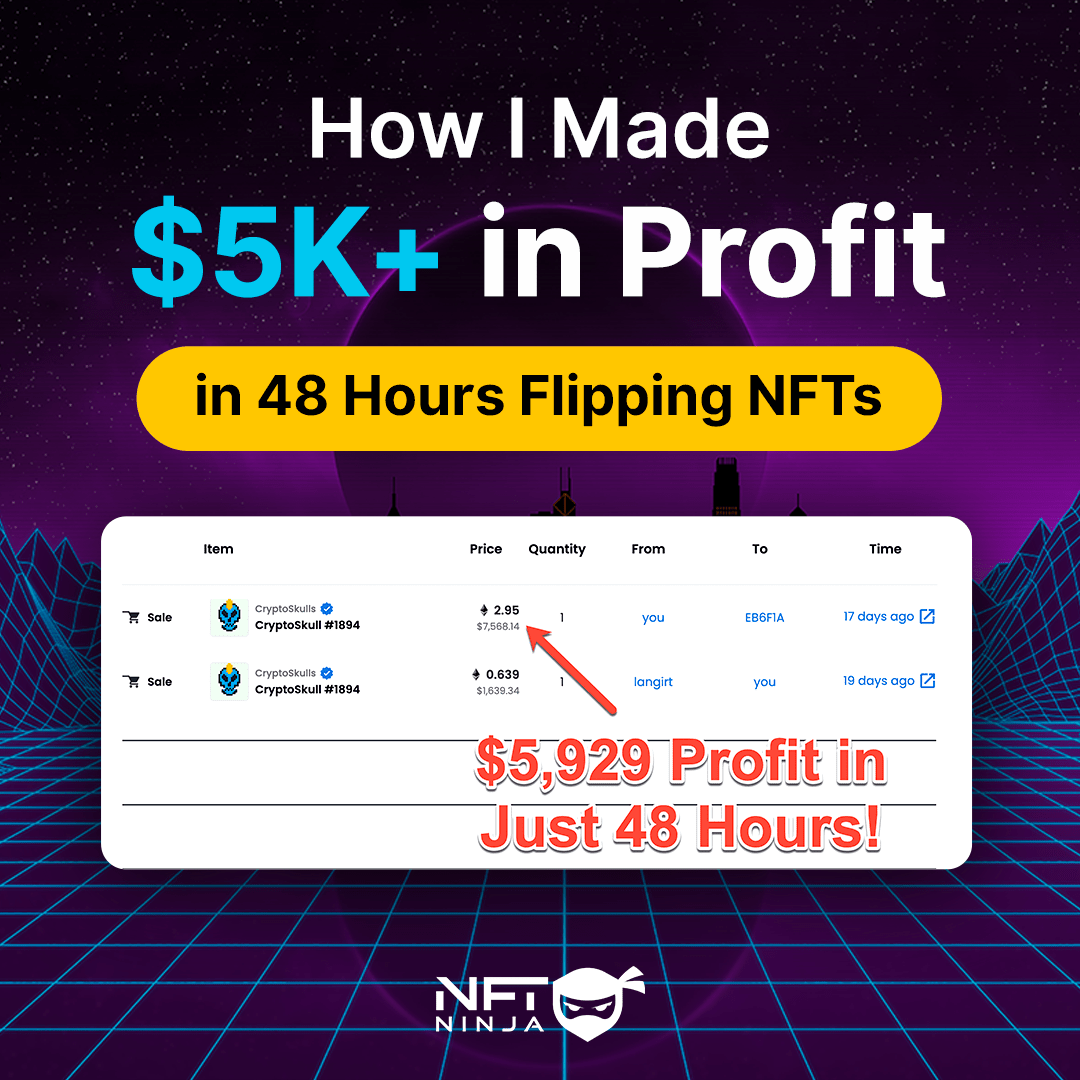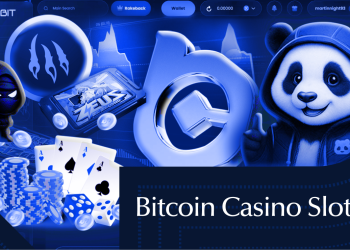Blockchain technology’s growth has spawned brand-new value exchanges, dApps, Web 3.0, and crypto-assets. The NFT domains are among the most crucial and cutting-edge of them.
Crypto wallets and decentralized apps use complicated and drawn-out alphanumeric identities. However, we link domain names to these crypto addresses. Similar to how IP addresses were replaced by standard domain names, which changed the internet, it might disrupt the crypto sector.
NFT domain extensions or TLDs like .chain, .metaverse, .vr, .doge, .shib, .bored, .btc, .web3, .address, and .ai are available through Quik.com. In addition to the artwork that comes with each newly created NFT domain, the owners can also use these NFT domains whenever Quik launches its next web extension and browser.
How Do NFT Domains Work?
Blockchain domains are domain name systems (DNS) embedded on the blockchain as opposed to the conventional centralized system and are made available by companies like Quik.com and Unstoppable Domains. As a result, the data structure can be dispersed across a decentralized network, enabling content to be read by all users.
In other words, blockchain technology is the upcoming big thing for the domain name industry with new benefits and features. NFT domains have their benefits but cannot be used to host websites inside the conventional DNS.
These systems are also devoid of centralized organizations like ICANN, making them impervious to censorship.
It is important to remember that NFT domain characteristics can vary depending on the underlying smart contracts of the issuer that creates the blockchain domain code.
Traditional Domains Vs. Blockchain Domains
Many companies prospered during the .com period largely due to their domain and its prominence in search results. Conventional domains are now worth between 20 and 100 billion USD as an asset class.
Over 300 million domain names have been sold thus far, some of which cost hundreds of millions of dollars, such as insurance.com and internet.com. There are now more than 1,500 active domain extensions.
However, during the past several decades, innovation in the traditional domain market has essentially stopped. And now that NFT domains are becoming more prevalent, we can’t help but think of them as the largest digital asset class.
Additionally, their advantages over current domain names, such as censorship resistance and simplicity of payment, are addressed. It effectively creates borderless, permissionless business tools in NFT domains.
Blockchain domains have uses for corporations and individuals, unlike old names, which were largely for enterprises. NFT domains might eventually overtake other options because the entire centralized DNS infrastructure is easily portable to a public blockchain in the future.
Why Mint NFT Domains from Quik.com?
NFT domains have an advantage over conventional and alternative blockchain domain names that you can buy or mint on the Quik marketplace because:
- There are no renewal costs, and it provides full ownership.
- Resists censorship
- Mint, buy or sell NFT domains quickly and easily with Quik’s user-friendly interface.
- Quik also provides the tools necessary for companies to transition from Web 2.0 to Web 3.0.
- Additionally, Minters receive 5 to 10 percent lifetime royalties on every sale.
- Each domain name has a special NFT artwork associated with it.
The most popular TLDs on Quik are .metaverse, .vr, .chain, .shib, and .doge.
Although the Ethereum blockchain serves as the foundation for the present NFT domain names, Quik has plans to introduce NFT domains based on additional blockchain protocols in the future.
The Quik ecosystem will be compatible with the NFT domains offered there. To support the empowerment of these NFT domains, Quik expects to release its web browser and web extension shortly.
“Compared to traditional domains, which are one-dimensional and have specific goals, NFT domains are more functional. We believe blockchain domain names might advance the idea of a completely decentralized internet, “
said, Quik’s CEO.


















